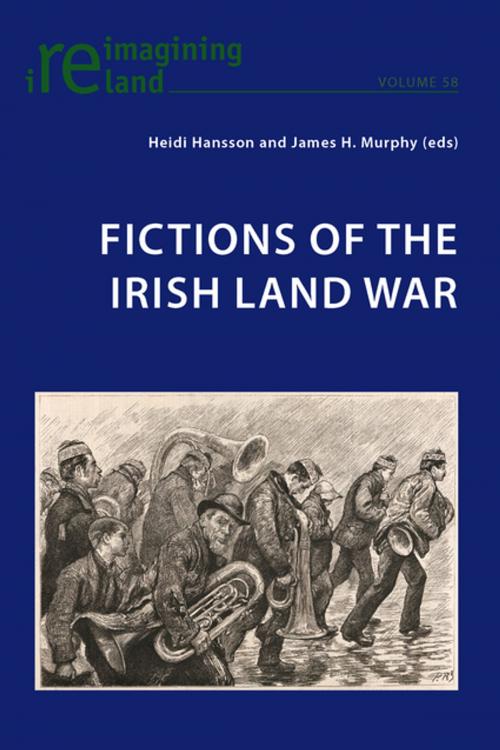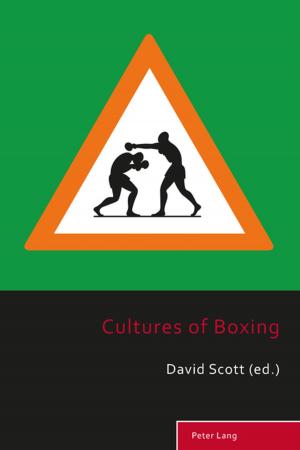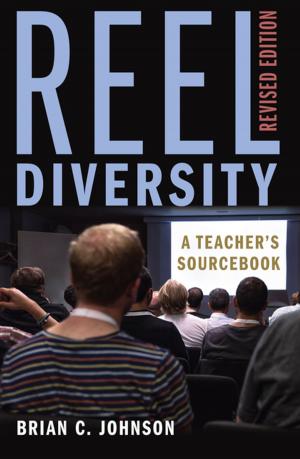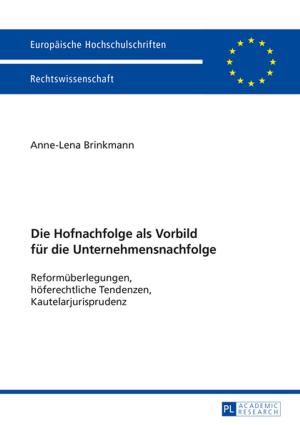Fictions of the Irish Land War
Fiction & Literature, Literary Theory & Criticism, British, Nonfiction, Reference & Language, Study Aids, ESL, Foreign Languages| Author: | ISBN: | 9783035394832 | |
| Publisher: | Peter Lang | Publication: | June 11, 2014 |
| Imprint: | Peter Lang AG, Internationaler Verlag der Wissenschaften | Language: | English |
| Author: | |
| ISBN: | 9783035394832 |
| Publisher: | Peter Lang |
| Publication: | June 11, 2014 |
| Imprint: | Peter Lang AG, Internationaler Verlag der Wissenschaften |
| Language: | English |
The eruption of rural distress in Ireland and the foundation of the Land League in 1879 sparked a number of novels, stories and plays forming an immediate response to what became known as the Irish Land war. These works form a literary genre of their own and illuminate both the historical events themselves and the material conditions of reading and writing in late nineteenth-century Ireland. Divisions into ‘us’ and ‘them’ were convenient for political reasons, but the fiction of the period frequently modifies this alignment and draws attention to the complexity of the land problem.
This collection includes studies of canonical land war novels, publication channels, collaborations between artists and authors, literary conventions and the interplay between personal experience and literary output. It also includes unique resources such as a reprinted letter by the author Mary Anne Sadlier and a reproduction of Rosa Mulholland’s little-known play Our Boycotting. The book concludes with a detailed bibliography of land war fiction between 1879 and 1916, which should inspire further reading and research into the genre.
The eruption of rural distress in Ireland and the foundation of the Land League in 1879 sparked a number of novels, stories and plays forming an immediate response to what became known as the Irish Land war. These works form a literary genre of their own and illuminate both the historical events themselves and the material conditions of reading and writing in late nineteenth-century Ireland. Divisions into ‘us’ and ‘them’ were convenient for political reasons, but the fiction of the period frequently modifies this alignment and draws attention to the complexity of the land problem.
This collection includes studies of canonical land war novels, publication channels, collaborations between artists and authors, literary conventions and the interplay between personal experience and literary output. It also includes unique resources such as a reprinted letter by the author Mary Anne Sadlier and a reproduction of Rosa Mulholland’s little-known play Our Boycotting. The book concludes with a detailed bibliography of land war fiction between 1879 and 1916, which should inspire further reading and research into the genre.















